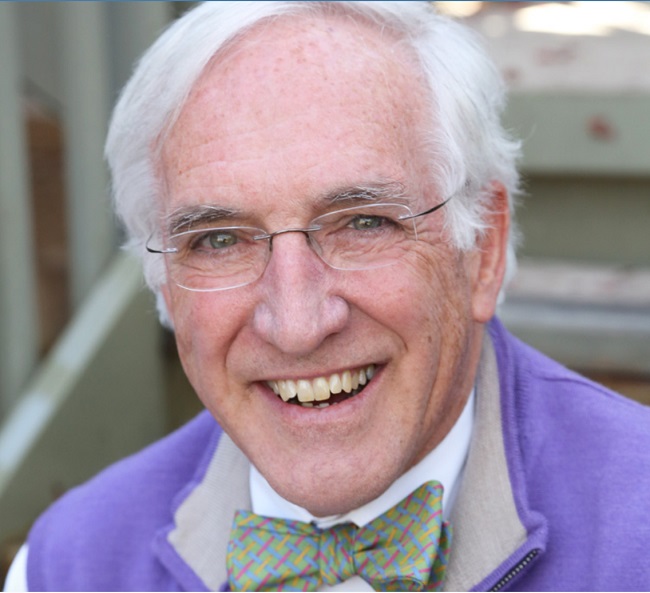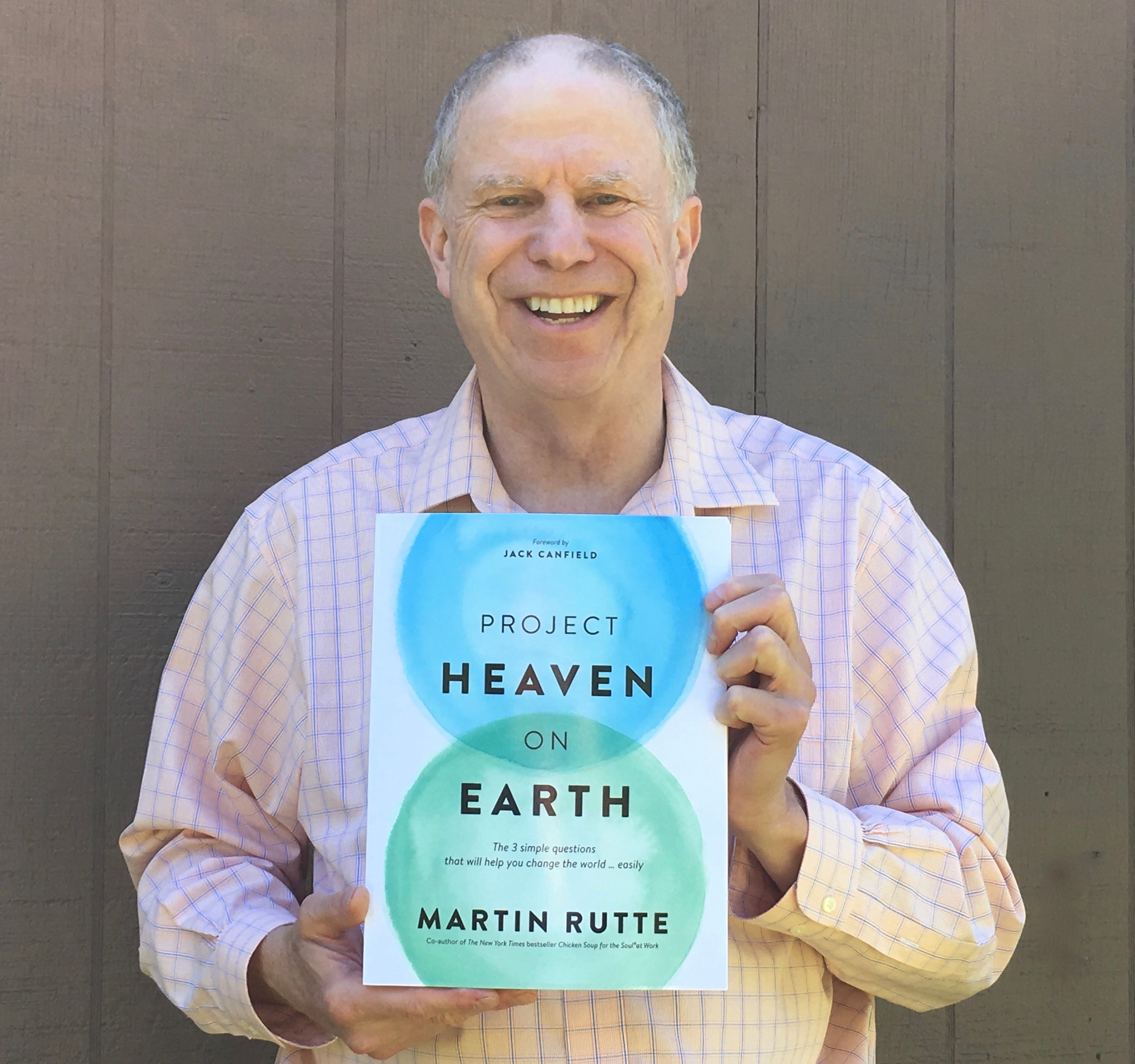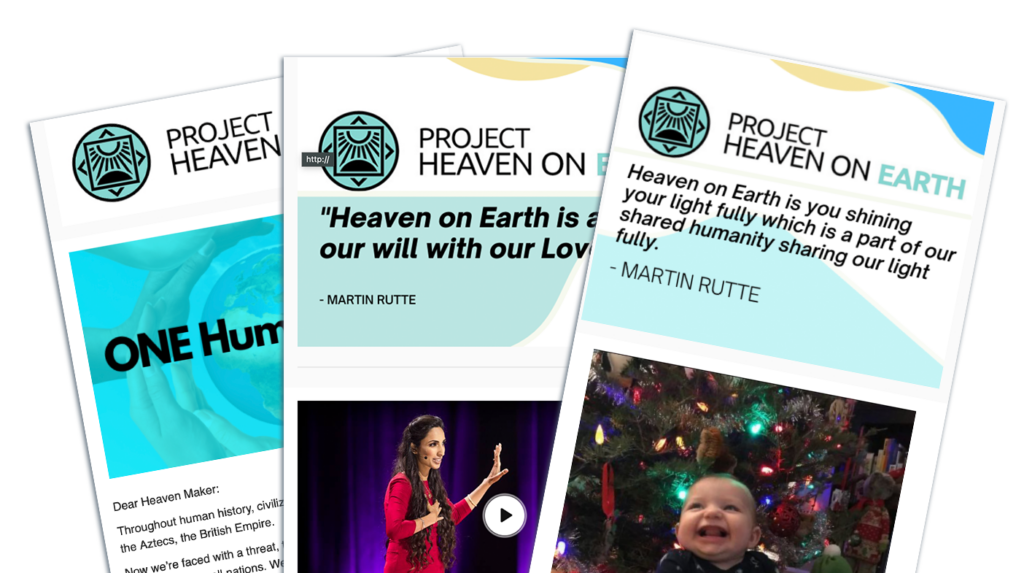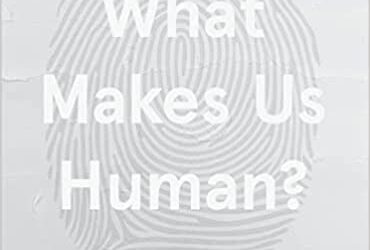Guest column by Dr. Robert Saul
“We don’t go to heaven when we die, we go to heaven when we’re born.”
This intriguing statement from James Lovell, an Apollo 8 and 13 astronaut, captures his sentiment about the uniqueness of life endowed by our heavenly creator. This statement and similar observations are chronicled in Basil Hero’s book, The Mission of a Lifetime: Lessons from the Men Who Went to the Moon. Only twenty-four humans have ever traveled to the Moon, twelve of the 24 walked on the Moon. Only 12 are currently surviving. They were interviewed by Basil Hero and provided perspectives into life, how to live life, the spiritual relationship with God, and how to live with others.
Key life lessons are presented throughout the book. But before I highlight some of those, let’s note two virtues that the author cites as consistent in their psychological profiles—1) devotion to something greater than oneself and 2) the pursuit of the common good. Certainly, to risk one’s life and put their families through such potential agony, these men accepted their role in the bold vision exalted by President Kennedy for Americans to land on the Moon before the end of the 1960s. Spoiler alert—we did it! So let’s review some of the lessons learned along the way.
• Psychological factors noted in the selection process include be humble, be decisive, be brave (but not reckless), and believe in something greater than yourself. Extensive testing of the astronauts showed these traits to be strong in them all.
• Techniques for conquering fear included always stay calm, stay focused, have backup plans, and never give up. Certainly, all of the traits were at play during all of their training and actual flights.
• These men were clearly leaders and as leaders they exemplified leadership traits—be bold, set a clear mission with a deadline, don’t wait for perfection and admit mistakes as they happen. These leaders were being asked to do the impossible, yet by their actions and the actions of thousands of support personnel, they were able to do it. Leaders accept those challenges and excel.
• Going to space and returning will clearly change your perspective on life and your place in the universe. These men experienced some significant experiences—viewing our planet from space makes one realize our minute presence in the universe and walking on a different terrestrial body reveals our dependence on all of our support systems and how we need to nurture them. The lessons learned from their “cosmic lighthouse” led to the following reflections—reframe your perception of the Earth, remember we are one race (the human race) sharing the same planet, have greater empathy for our neighbor’s plight and rethink your approach to conflict from a planetary perspective.
• It would inappropriate not to interview the spouses of the astronauts as they shared and endured all of the experiences over an extended period of time. Their revelations were catalogued to include communicate and be inclusive, be willing to sacrifice without resentment, be forgiving, and make amends.
• The celestial travelers reported two gifts—the gift of the planet Earth and the gift of life on Earth—consistently in their discussions.
They obviously were profoundly affected by their space shots, and more than just the accomplishment of an incredible journey. And more than sharing in the pride of a nation that realized the unimaginable. And more than the triumph of a scientific achievement. They appreciated the gifts that are given to all humans—the planet Earth and life on planet Earth. James Lovell’s statement at the beginning – We don’t go to heaven when we die, we go to heaven when we’re born – embodies these gifts.
It is provocative to suggest that heaven is something other than that spiritual entity that we ascend to after death. I am particularly intrigued with the concept of “heaven on earth” that James Lovell mentions. It strikes me that such a revelation can indeed give us an incentive to recognize the same and live accordingly.
++++++++
About Dr. Robert Saul:
Bob Saul was born in Chicago, IL and grew up in the Chicago area and later moved to Colorado. A graduate of Colorado College and the University of Colorado School of Medicine, he completed pediatric training at Duke University Medical Center and genetic training at the Greenwood Genetic Center.
He is currently the Medical Director of General Pediatrics, Senior Medical Director of Medicaid Practices, and Professor of Pediatrics at the Children’s Hospital-Upstate of Prisma Health and the University of South Carolina School of Medicine – Greenville, Greenville, SC.
More information on Dr. Saul, his work, and his books, are on his website, www.mychildrenschildren.com


 Martin Rutte
Martin Rutte




